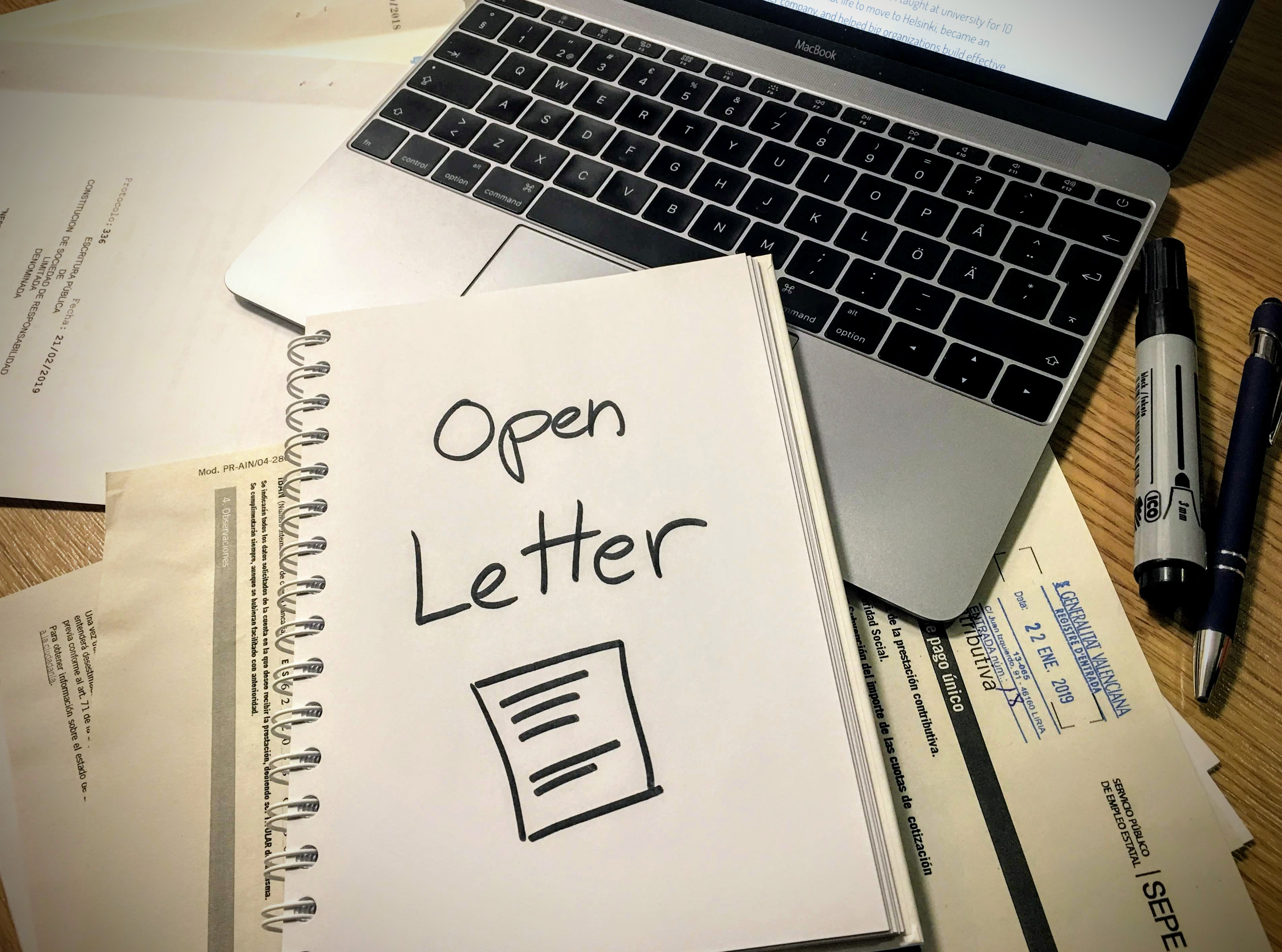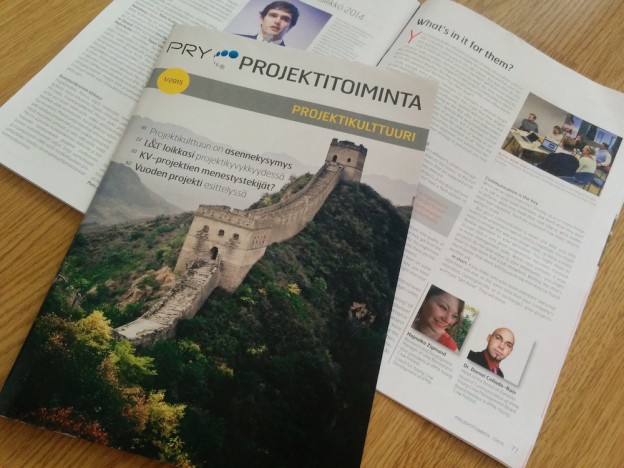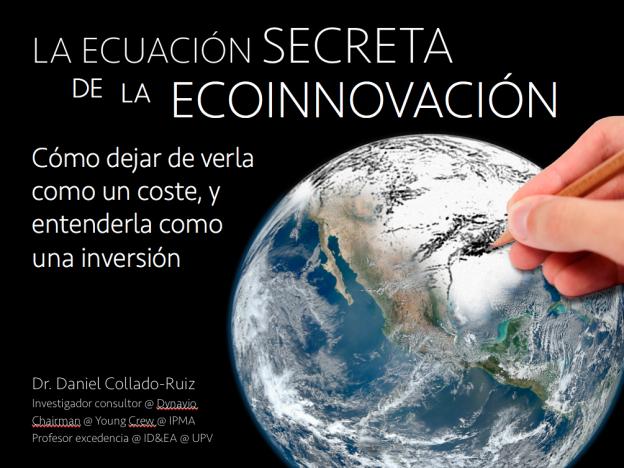Versión en Español 🇪🇸 Click for English 🇬🇧
Aviso:
Esta carta es larga. Ruego me disculpes. Al menos espero que la encuentres lo suficientemente entretenida o esclarecedora para leerla hasta el final. O para hacer algo al respecto.
Esta carta está dirigida a la administración pública española, porque es la que he vivido en mis carnes. Estoy seguro de que hay otros países que sufren de los mismos problemas. Si empatizas con estos problemas, seas del país que seas, por favor comparte con un comentario sobre tu experiencia. Y por favor menciona el país y/o agencias involucradas. Al fin y al cabo, tener una mala administración es culpa nuestra; es mala porque lo permitimos. Empecemos a exigir y diseñar mejores procesos.
Administración pública española: tenemos que hablar.
Eres importante. De tus instituciones salen grandes cosas. Las oficinas de empleo ayudan a la gente a encontrar trabajo. La seguridad social salva vidas. Y las agencias tributarias nos ayudan a financiarlo todo.
Pero tenemos que hablar. En algún punto de ese proceso, perdiste el norte. Dejaste de creer en tu misión. Empezaste a ir al trabajo arrastrado los pies, y a jactarte más de empujar papeles que de hacer tu trabajo. Dejaste de buscar la mejor forma de hacer las cosas. Te conformaste con poco más que sobrevivir.
Quizás pienses que exijo demasiado. Que no entiendo lo complicado que es. Pero no soy yo. Eres tú. Sé que puedes hacer más y mejor. Por eso tenemos que hablar.
De donde vengo
He sido parte de la administración pública española; di clase en la universidad durante 10 años. La fortuna y el amor tuvieron a bien que dejase esa vida para mudarme a Helsinki, emprender, unirme a otra empresa, y ayudar a grandes organizaciones a construir procesos de innovación. A principios de este año volví a España para abrir una oficina de mi empresa. Me registré como residente y establecí una nueva empresa. Volví a entrar en contacto con la burocracia española. Dolió, y mucho.
El proceso empezó bien: tan sólo tuve que mandar un correo electrónico a la embajada y decirles que ya no vivía en Finlandia. Ellos se encargaron del resto. También descubrí que me correspondía algo de prestación de desempleo, que podía utilizar para lanzar la empresa. ¡Qué bien!
Sonaba demasiado bueno para ser verdad… y lo era. Me llevó más de un mes pasar por ese proceso, y tuve que ir físicamente 5 veces a la oficina de desempleo porque les faltaba información de otras agencias públicas.
Después de eso, la creación de la empresa llevó otro mes de papeleo, en el que tuve que ir un par de veces a un notario. Para aquellos que vivan en un país menos burocrático: es una persona cuyo trabajo es comprobar que los papeles estén en orden y que estás presente físicamente firmándolos. Como extra, a veces leen los papeles en voz alta. Para mis compatriotas: sí, hay países en los que no se estilan los notarios. “Cómo se validan los documentos?”, os oigo preguntar. Pues desde el origen. En un mundo en el que conectar con la agencia tributaria es cuestión de segundos, ¿para qué nos hace falta un intermediario low-tech? Sé que es difícil de imaginar en España, con el aura de solemnidad que tienen los notarios. Pero si piensas en el valor que generan, hoy en día la mayor parte está obsoleto.
En todo este papeleo, me sorprendieron algunas cosas:
- ¿Por qué no recopilan la información pública ellos mismos de las otras entidades públicas? Las distintas agencias no se hablan entre sí. Para registrarme en la oficina de desempleo necesitaba un documento de la universidad diciendo que no tienen un puesto para mí. De hecho, sería ilegal (cualquier puesto tiene que pasar por concurso público). Yo lo sabía, ellos me lo dijeron, y fue relativamente obvio conseguir una carta que dijese eso, con la firma adecuada. Pero tuve que perder el día consiguiendo ese papel.
- ¿Por qué la mayoría de documentos tardan varios días/semanas/meses en estar listos? La mayoría de procesos no son realmente digitales. Tenemos páginas web donde introducimos información, para que otros humanos la reciban y hagan algo con ella. Es como en El mago de Oz, pero sin gente cantando. En uno de los 3-4 sitios donde tuve que registrar la empresa (sí, otro área donde no se hablan unos a otros) me mandaron un aviso solicitando información. No se tomaron la molestia de describir demasiado bien el problema, así que tuvimos que intercambiar varias “cartas” a través de su sistema. Y el tiempo de espera para cada respuesta: varios días. Porque no había forma de preguntarle a la persona qué quería decir. A día de hoy, aun no sé qué esperaban ver. “No se puede, porque el proceso es digital”, me dijeron por teléfono. Aunque en realidad no lo es, porque si lo fuese, las reglas serían forzosamente transparentes.
- ¿Por qué tuve que ir físicamente? El papel sigue siendo rey, y los cuños y firmas sus fieles caballeros. Incluso la escritura a mano aparece de vez en cuando. En el 2019, el certificado de nacimiento de mi hija esta perfectamente caligrafiado y almacenado en un tomo en Helsinki. Ah, y sí, tuve que conseguir el certificado de nacimiento de mi hija. Otros documentos (pasaportes, documentos de identificación, papeles del médico en Finlandia) no era suficiente prueba de que tengo una hija. En el registro civil me dijeron literalmente “oiga, no es cosa nuestra saber quién es hijo de quién”. Me pregunto qué lo es. No es que les esté pidiendo tener un blockchain para que la documentación sea transparente y esté disponible al instante (que podría, *guiño*). Pero al menos esperaba una base de datos en la que se pueda buscar la información.
- ¿Por qué tuve que ir varias veces? Busqué en Google y llamé varias veces antes de cada viaje, para asegurarme de que tenía todo en orden. La información era a menudo contradictoria, y recibí información falsa o incompleta en varias ocasiones. “Ah, pues debe estar mal la web” o “te dirían mal cuando llamaste” no deberían ser respuestas aceptables. No lo son para las empresas privadas (¿os suena de algo la publicidad engañosa?), ni deberían serlo en una institución pública. Pero en lugar de soluciones, recibí grandes dosis de levantamiento de hombros.
Llegado este punto debes creer que estoy enfadado. No lo estoy. Te comprendo, administración pública. No tienes malas intenciones, tan sólo estás atascada. Por eso estamos hablando. Por eso quiero ayudar.
Lo que aprendí en este proceso
Puede que te sorprenda, pero creo que el problema no es tecnológico. Es cultural. Cuando uno tiene la mentalidad adecuada, la tecnología viene de forma natural. Por eso quiero compartir algunas barreras culturales que he experimentado en la administración pública española:
- Orgullo por el papel. La mayoría de la gente que encontré en este proceso eran individuos competentes, haciendo bien su trabajo. El problema es que su trabajo está mal diseñado: no se les pide que generen valor, sino que sigan un proceso. Incluso aprenden a optimizar ese proceso, y es normal que se sientan orgullosos de ello. Pero este “orgullo por el papel” tiene un lado muy oscuro: acaba creando una actitud de “yo sólo me encargo de que los papeles estén en orden”. El papel es más importante que la persona. Los empleados olvidan por qué su trabajo es importante, y optimizan las pequeñas partes del papeleo que pueden.
- Tolerancia a la ineficiencia. Cada vez que me quejaba de algún proceso absurdo, la respuesta más común era de empatía. Muchos incluso compartieron conmigo sus propias frustraciones. En todo el proceso, traté con buena gente. Y aun así, una de las respuestas mas comunes era “así son las cosas”, o “somos una administración pública, tenemos que hacerlo así por si nos viene una auditoría”. El comentario es razonable, pero la lógica tras él es terrible. Es conformismo puro. A esta gente no se le ha dado la capacidad de mejorar los procesos de los que son parte. En su lugar, se les obliga a aceptarlos. La conformidad no es algo tolerable: si algo es malo, es malo, y debemos cambiarlo. La innovación sólo ocurre cuando se cuestionan las cosas. Si no lo hacemos, perdemos a los innovadores y emprendedores.
- Falta de respeto por el tiempo. Oí muchas veces la frase “no pasa nada, vuelva mañana”. Sé que la intención era buena, pero considero esas respuestas insultantes. El tiempo es importante, sea tiempo de trabajo o de placer. Robar tiempo de otra persona es una de las peores cosas que se les puede hacer, porque lo estamos robando de sus pasiones, de sus familias, de su salud y de su eficiencia personal. Y en el caso de la administración pública, lo estamos robando de todos los ciudadanos. Un proceso mal diseñado conlleva años y años de tiempo malgastado. Tiempo que podría ser utilizado en hacer un mundo mejor. Y en su lugar lo invertimos en empujar papeles.
- Funciona suficiente bien. Cualquier proceso se diseña asumiendo cómo van a funcionar las cosas, y luego se les dan vueltas para asegurarse de que se adecuan a la mayor parte de los casos. Pero en casi todos los procesos con los que me encontré, parece como si nadie les hubiese dedicado mucho tiempo. Parecen diseñados aprisa y corriendo en una reunión apresurada un viernes por la tarde, para no volver a ser vistos. Lo cual es probablemente cierto, dado que en España parece ser común el estar siempre ocupado, apresurando tareas (y teniendo que rehacer algunas o muchas) y haciendo horarios muy largos con listas de tareas todavía más largas. Y así lo recuerdo de cuando trabajaba en España. En el caso del diseño de procesos (o la mayoría de tareas basadas en el conocimiento), esto significa que las contradicciones y excepciones ocurren a menudo. Pero cuidado: cuando las excepciones son un porcentaje alto de los casos, ya no se les puede llamar excepciones.
- Echar las culpas. Parece ser un deporte popular entre empleados de la administración pública el criticar a otras agencias, culpándoles de los retrasos. “Oh, se han equivocado”. Como si eso resolviese algo. Si una página web o alguien al teléfono da información falsa, la organización entera está cometiendo una estafa. Si un trámite se retrasa, todas las oficinas involucradas en ese trámite se están retrasando. Me da igual que la persona en frente mío haya hecho su trabajo, no estoy juzgándoles como individuo. Estoy intentando resolver algo. Si alguien ha metido la pata, todos han metido la pata. Y todo el mundo está malgastando tiempo y dinero hasta que se resuelva.
- Miedo a la automatización. A estas alturas he hablado mucha gente sobre la automatización de tareas en la administración pública. Y no (sólo) estoy hablando de Inteligencia Artificial: hay mucho papeleo que se podría automatizar usando herramientas muy sencillas (aunque de nuevo, *guiño*). Pero la gente tiende a volver a los listados de documentos, la gente supervisando que los documentos estén en orden, y los comités. A veces parece como si hubiese miedo a la automatización. O falta de conocimiento. O miedo a volverse irrelevante. La administración pública en particular debería automatizarse con ímpetu, y que a la gente se le deje usar más a menudo sus cerebros, para poder usar menos a menudo sus manos.
La combinación de todos estos factores (y en particular el último) asusta a muchos. Los robots van a transformar todos los trabajos (incluido el mío). Pero yo creo que necesitamos a los funcionarios que tenemos ahora mismo. Simplemente tienen que hacer las cosas de una forma completamente distinta a como lo están haciendo ahora. Tienen que enfocarse en dar un servicio a los ciudadanos. En lugar de eso, hoy en día tenemos que aprender cómo funciona el sistema y “hackearlo”.
Yo prefiero imaginar un mundo distinto
Prefiero imaginar un mundo en el que me conecto por internet y hago click en “quiero montar una empresa”. Y cuando algo no funcione perfectamente (lo cual ocurre a menudo) llame a un funcionario, y esa persona se encargue de gestionar todos mis trámites. Y no suelte el caso hasta que yo tenga una empresa funcionando. Hasta que la sociedad haya obtenido su valor. Y si algo no funciona inmediatamente, que lo arreglen. O que lo simplifiquen.
Prefiero imaginar un mundo en el que pueda chatear en línea con alguien de la agencia tributaria sobre cómo es la mejor forma de hacer mi declaración de hacienda. O que analice mi caso y me diga qué incentivos hay para mí. O recibir orientación profesional para encontrar mi primer empleo, o para reorientar mi carrera (no es mi caso, por si el lector tiene dudas, pero aun así es parte del mundo en el que me gustaría vivir). Quiero imaginar un mundo en el que no tenga por qué aprender cómo funciona todo, pero en el que pueda recibir buenos consejos de gente que lo sepa.
Y creo que tenemos que hacer algo.
Por eso escribo esta carta abierta. Está dirigida a las instituciones, a las personas involucradas. Los funcionarios, líderes de agencias, los políticos y los individuos que diseñan estos procesos. Tenemos que empezar a pensar más en nuestros conciudadanos.
Creo que el gobierno necesita procesos de mejora continua, que permitan a los empleados mejorar su propio trabajo. Y para que nosotros los ciudadanos mejoremos también esos procesos. Tiene que buscar la mejor tecnología del mundo para cada problema. Y en muchos casos, trabajar con startups y otras empresas innovadoras. Y tiene que utilizar esta colaboración como parte de su proceso de transformación cultural. Y dar acceso a los ciudadanos a su propia información. Y hacer diseño legal de muchos de nuestros procesos.
Me encantaría poner mi granito de arena en esto. He pasado los últimos años ayudando a grandes instituciones – con más visión de futuro que agilidad – a pasar por un proceso de transformación cultural haciendo negocios con startups. Y me encantaría combinar esa experiencia con mi profundo odio a la ineficiencia en la burocracia, para ayudar a diseñar soluciones. Con tecnología y cambio cultural combinados.
Pero todos somos parte de esta misión.
Aquellos que trabajáis en la administración pública, sé que estáis atrapados en una gran máquina. Y que parece muy difícil de cambiar. Pero vosotros podéis ser los embajadores del cambio. ¡No os rindáis, todas las voces cuentan! Imaginemos juntos la administración pública ideal. Y convirtámosla en realidad. Seamos ese cambio.
Y para todos vosotros que estáis, como yo, entre los perjudicados, también tenemos un papel en esta historia. Tenemos que ser exigentes. Tenemos que compartir nuestras historias, no por quejarnos, sino por el aprendizaje unos de otros. Tenemos que compartir los problemas que vemos, y las soluciones que imaginamos.
Así que si tienes historias que contar, por favor comparte este post con algunas palabras sobre tu experiencia.
O si tu país es un ejemplo de hacer las cosas bien en la administración pública, por favor comparte para que el resto de nosotros aprendamos.
O si simplemente quieres cambiar tu país (el que sea), por favor comparte. Y veamos cómo de lejos llegamos.
Quizás, en unos años, miremos atrás y veamos que juntos, fuimos la semilla del cambio.



